Delhi Designer Turns Textile Waste into Rs 1 Crore Turnover Fashion Brand, Saving Millions of Litres of Water
25-June-2024
Vol 15 | Issue 26
Delhi-based fashion designer Ashita Singhal has made a remarkable contribution to sustainable fashion by founding a business that produces sustainable fabric from textile waste discarded by designers and artisans, which would otherwise end up in landfills.
Established in 2018 with an initial investment of Rs 20 lakh, her Noida-based company, Paiwand Studio Pvt Ltd, has achieved a turnover of Rs 1 crore. But beyond her financial success, she has contributed greatly to the community and the global effort to build a sustainable planet.
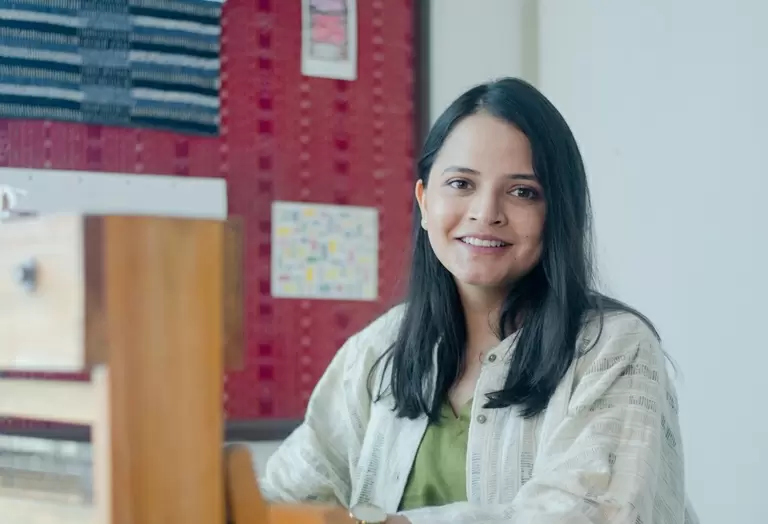
| Ashita Singhal launched Paiwand in 2018 with Rs 20 lakh (Photos: Special Arrangement) |
Over the last six years, Paiwand has repurposed 30,000 kg of textile waste, prevented 1 lakh kg of carbon dioxide emissions, and saved 66 million litres of water – all without using any chemicals.
Ashita transforms the textile waste by weaving it on handlooms, adorning it with hand embroidery, and using patchwork techniques.
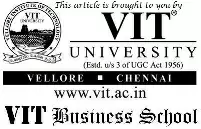
Paiwand's fabrics are used by fashion designers, interior decorators, and hotels for a variety of purposes, including clothing, decoration, and upholstery. They are priced between Rs 1,000 and Rs 4,000 per metre, and she has sold over 50,000 metres of repurposed fabric to date.
Ashita, 29, hails from an upper middle-class family in Delhi. Her father runs an electric wires and cables business, and her mother is a housewife. As the youngest and most pampered child, she has an elder brother involved in the family business and a sister who is a homemaker.
"I grew up with the values and rootedness of my grandparents. Living in a joint family, my grandfather, in particular, inspired me with his Indian values,” says Ashita, fondly recalling her childhood.
“We were taught to value our resources and avoid waste. Even discarded clothes were bartered for utensils. In all my growing-up years, I saw my father working hard for his business."
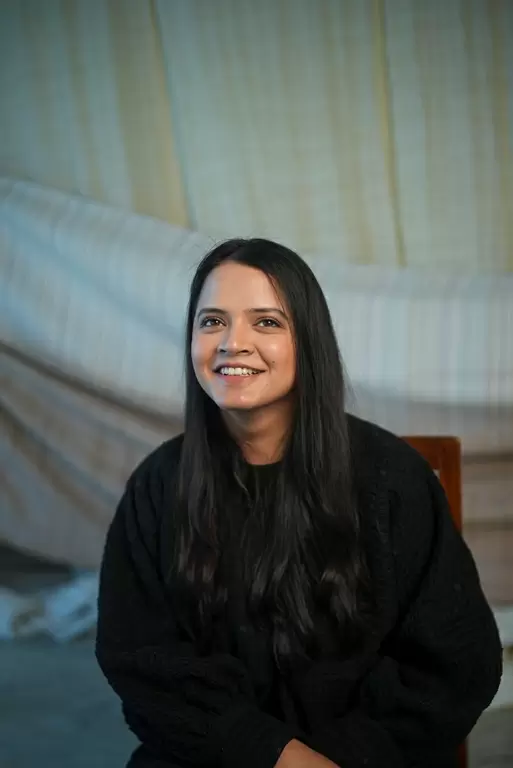
| Ashita cherishes her growing up years in Delhi with her family |
She spent her childhood gardening with her grandparents and staying close to nature. However, as a teenager, she embraced consumerism and fast fashion for a brief period before founding her sustainable fashion business.
Ashita completed her Class 12 in 2013 from Amity International School, Mayur Vihar, Delhi, and then pursued B.Com honours at Jesus and Mary College, Delhi. In 2016, her passion for fashion led her to Pearl Academy, New Delhi, for a post-graduation in fashion design.
During her PG studies, Ashita noticed the significant issue of textile waste. Practical classes generated a lot of waste, with strips of material ending up in the dustbin.
She learned that the fashion industry is the world's second-biggest polluter. "In a three-hour class with 30 students, I was shocked by the waste produced," she recalls. "This shifted my perception of fashion, and I decided to address the problem of textile waste filling our landfills."
Around this time, she participated in a competition organised by Laureate International University Network of USA in coordination with Pearl Academy in India, which offered business grants to winners.
Her proposed business idea for the competition, the same concept that Paiwand operates on today, involved up-cycling used fabric. "It's a prestigious grant with global participation. Out of 20 semi-finalists, I was one of the two finalists after 8-9 rounds. This grant provided the necessary support and investment for my sustainable business," she says.
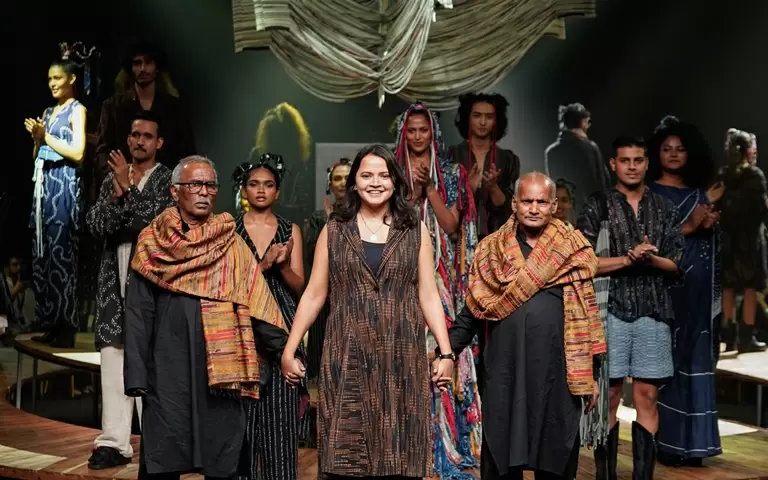
| Ashita, walking the ramp, with models sporting Paiwand clothes |
So how did her family respond to her choice of career? “In the beginning, it was not received well. I was academically strong so they expected something more from me,” shares Ashita.
“Fashion was not a dream career of their choice for me. But the international grant made my idea acceptable at home. In India, things that are usually approved by the West are accepted well.”
The real struggle began when Ashita received the grant. She started connecting with various designers and weavers in the Delhi NCR area. Convincing designers to provide textile waste as raw material was the most challenging task.
"Designers are very particular about their choice of fabric and the intricacies of designing a piece. When I approached them, they were sceptical and cautious, fearing their fabric or design ideas might be copied or leaked," recalls Ashita. This was a significant hurdle in procuring textile waste and developing her business.
At the time, Ashita was interning with Amrich, a designer studio in Okhla, Delhi, while pursuing her PG. She shared her idea with Amrich's founder, who became her first supporter and later her first client. "When I approached weavers, their attitude was dismissive, thinking I was just a girl pursuing a hobby that would soon end."
Eventually, Ashita succeeded in connecting with weavers in the Sunder Nagar and Ashok Vihar areas of Delhi and began working on her project. She provided the raw material to the weavers to be re-woven on handlooms.
This process continued until she completed her PG. After graduating, Ashita established her studio, initially covering 2000 sq ft in Sector 11, Noida, with two handlooms and a staff of five.
Today, her studio has expanded to 7000 sq ft, housing twelve handlooms and employing thirty-five people.
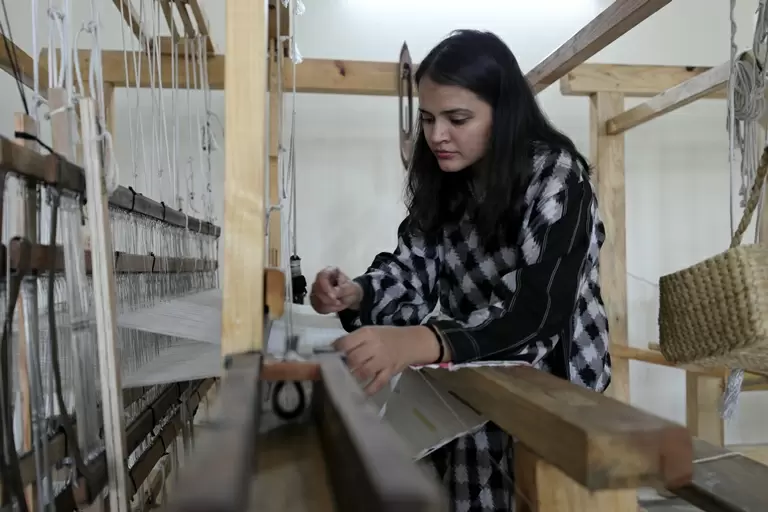
| Ashita at the handloom - Paiwand weaves the repurposed fabric into stunning designer clothes |
"Our sources remain the same. To produce larger quantities, we procure waste material in bulk and strategically use it in our designs to create volume," says Ashita.
Her team collects textile waste from designers, artisans, export houses, and rag pickers. The waste is first segregated by colour and fabric, then washed, cut into strips, and given to weavers to be re-woven on handlooms.
She has twelve in-house weavers and a few others outsourced. Most of her artisans are located in Uttar Pradesh and Haryana, specifically in Bijnor and Pilkhuwa. She also partners with weavers from Kutch and Chanderi.
Ashita primarily works with cotton, the most readily available base, as well as silk, polyester, and leather. Paiwand sources leather waste from small leather goods manufacturing units, including leather apparel, shoes, and handbags.
"We produce upcycled textiles for clothing and home furnishing, following the same upcycling process for different product ranges," says Ashita.
Eighty percent of her business comes from the B2B category, which includes fashion designers, interior decorators, and hotels. She later expanded to the B2C category, creating apparel and accessories sold to individuals through trade shows.
Her B2C products, including shirts, trousers, jackets, dresses, and various types of bags, are priced between Rs 8,000 and Rs 25,000. This category accounts for 20 percent of her business, with 3-4 shows/exhibitions held annually.
She majorly does trade shows in the Middle East and Europe, and recently participated in the EXPAND SHOW in Spain and COP28 in Dubai last year.
In the B2B range, her major customers are from Mumbai, Delhi, Chennai, Hyderabad, and Jaipur.
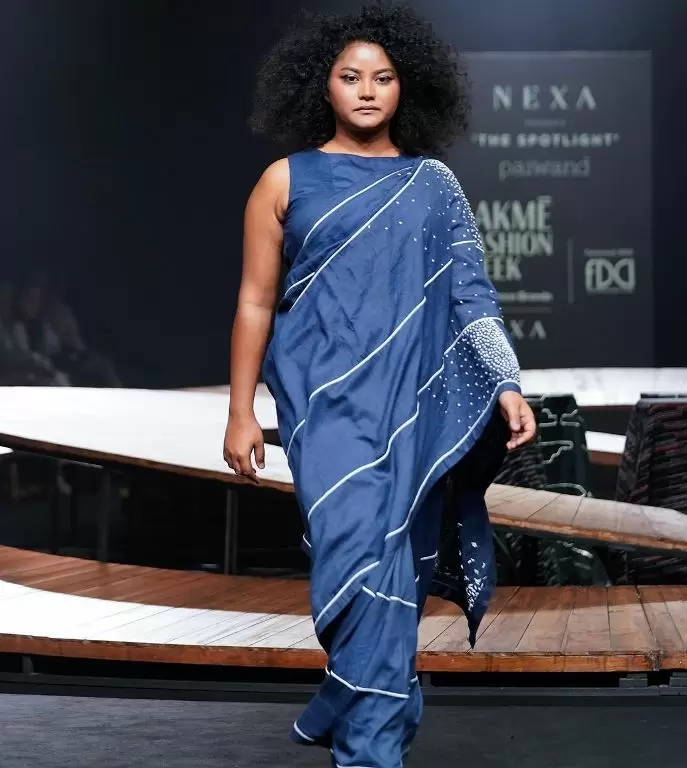
| A model walking the ramp wearing a Paiwand saree |
Ashita handles the design and business development of Paiwand. Her father began helping her part-time two years ago. She primarily works on an order basis but keeps some stock at her studio for clients to experience the touch and feel of the products.
Looking back on the major challenges she faced in her entrepreneurial journey, Ashita says, “Educating people about recycling was tough. Making products more beautiful than generic fashion garments was also challenging, as aesthetically appealing products attract customers.”
Ashita aims to replace all virgin textiles with recycled ones and is developing an e-commerce website to showcase her products, moving beyond her current portfolio site.
In her free time, she enjoys painting and reading. In 2023, Ashita married Rishabh, who works in infrastructure and real estate development.
Her advice to upcoming entrepreneurs is, “Be true to yourself rather than following others. Work on what genuinely interests you. Aim not only for profit but also consider the environmental impact.” - ©TWL














